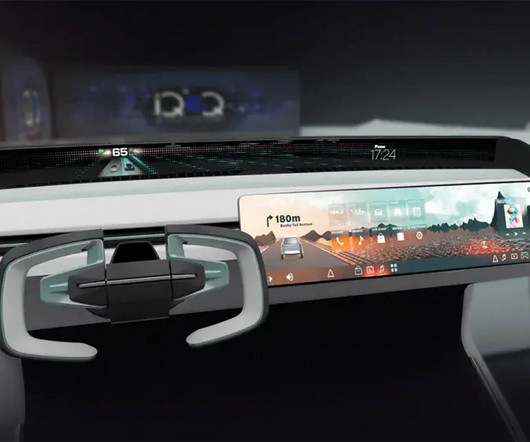Suzuki reports fuel economy testing irregularities in Japan but says no need to amend values
Green Car Congress
MAY 18, 2016
Suzuki announcement that it has found “some discrepancies” between the automobile emission and fuel efficiency testing methodology it has used in Japan and the requirements from Japan’s Ministry of Land, Infrastructure, Transport and Tourism (MLIT). Regarding emissions, Suzuki said that it complies with the standards.












Let's personalize your content